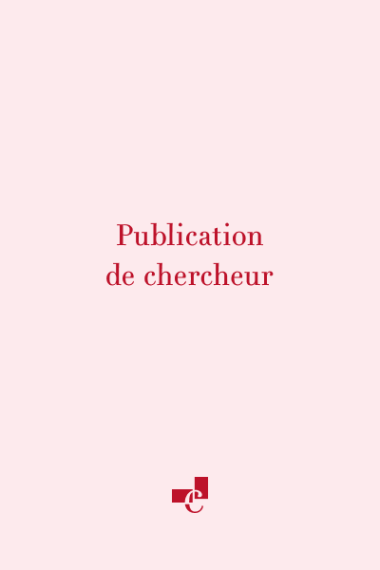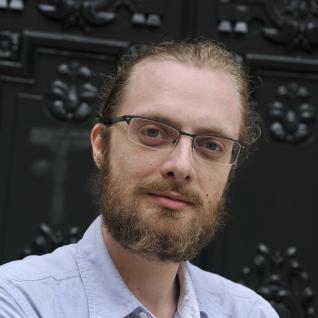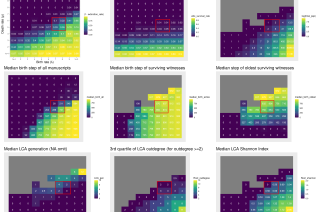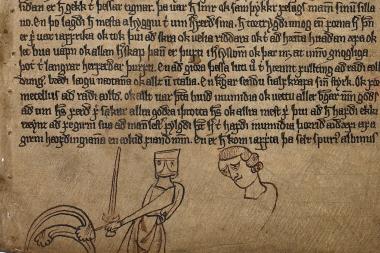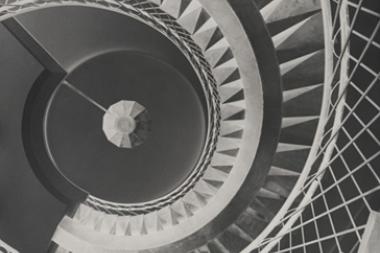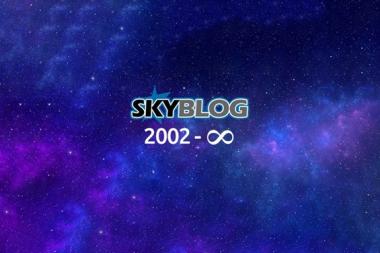Why have some cultural productions survived to this day while others have been lost? LostMa aims to understand through the transmission of written artefact how human cultures are formed and evolve. The project focuses primarily on European medieval chivalric literature and combines complexity science, artificial intelligence, and philological expertise.
Presentation
LostMa aims to understand through the transmission of written artefact how human cultures are formed and evolve. This project seeks to investigate the extent to which the transmission (and subsequent preservation or loss) of written artefacts, texts and ideas deviates from chance, and if so, how much and why. To this end, LostMa will analyse how manuscript texts were copied, transformed, or destroyed, following the example of the evolution of living organisms or linguistic variants, through processes of innovation/mutation, fixation or extinction.
Hence, the project aims not only to understand the processes by which texts are transmitted but also to what extent humans are the agents of cultural transmission and to what extent the survival of texts or the constitution of cultural canons are due to chance.
While this notion may seem provocative to researchers in the human sciences, evolutionary biologists have long since discovered the role of random drift in the survival or extinction of genetic traits and species.
To investigate this question, the project will attempt a paradigm shift in philological methods, combining artificial intelligence, complexity science, and philological expertise. To simulate text transmission processes, stochastic birth and death processes and multi-agent computer simulations will be used.
The case study will focus on chivalric literature in the European context. Deep learning methods will support large-scale data collection on a corpus of 4,000 documents in Romance, Germanic, and Celtic languages, focusing on the full text of around 1,000 Old French manuscripts. The data will provide observable values for comparison with simulation results, measuring deviations from chance, making inferences about unobservable values such as loss/survival rates of works and manuscripts, and understanding the dynamics at work behind text transmission.
Funding
The project is funded by the European Research Council (ERC).
€1 499 235
4-year funding
6 contracts
1 scientific manager, 1 post-doctoral researcher, 2 research engineers, 2 doctoral students
Video
Les manuscrits perdus de l’Europe médiévale
Publication
Lost Manuscripts and Extinct Texts : A Dynamic Model of Cultural Transmission
Researcher publication
Communication dans un congrès
- Publishing date: 2022
School referent(s)
Actualités
Partager sur les réseaux sociaux
Les autres projets de recherche
TORNE-H. Traitement d’objets par reconnaissance numérique en environnement humain / Henrot
Research project
Ongoing
SkyTaste. Les Skyblogs : un terrain d’analyse sensorielle, technologique et émotionnelle
Research project
Ongoing

